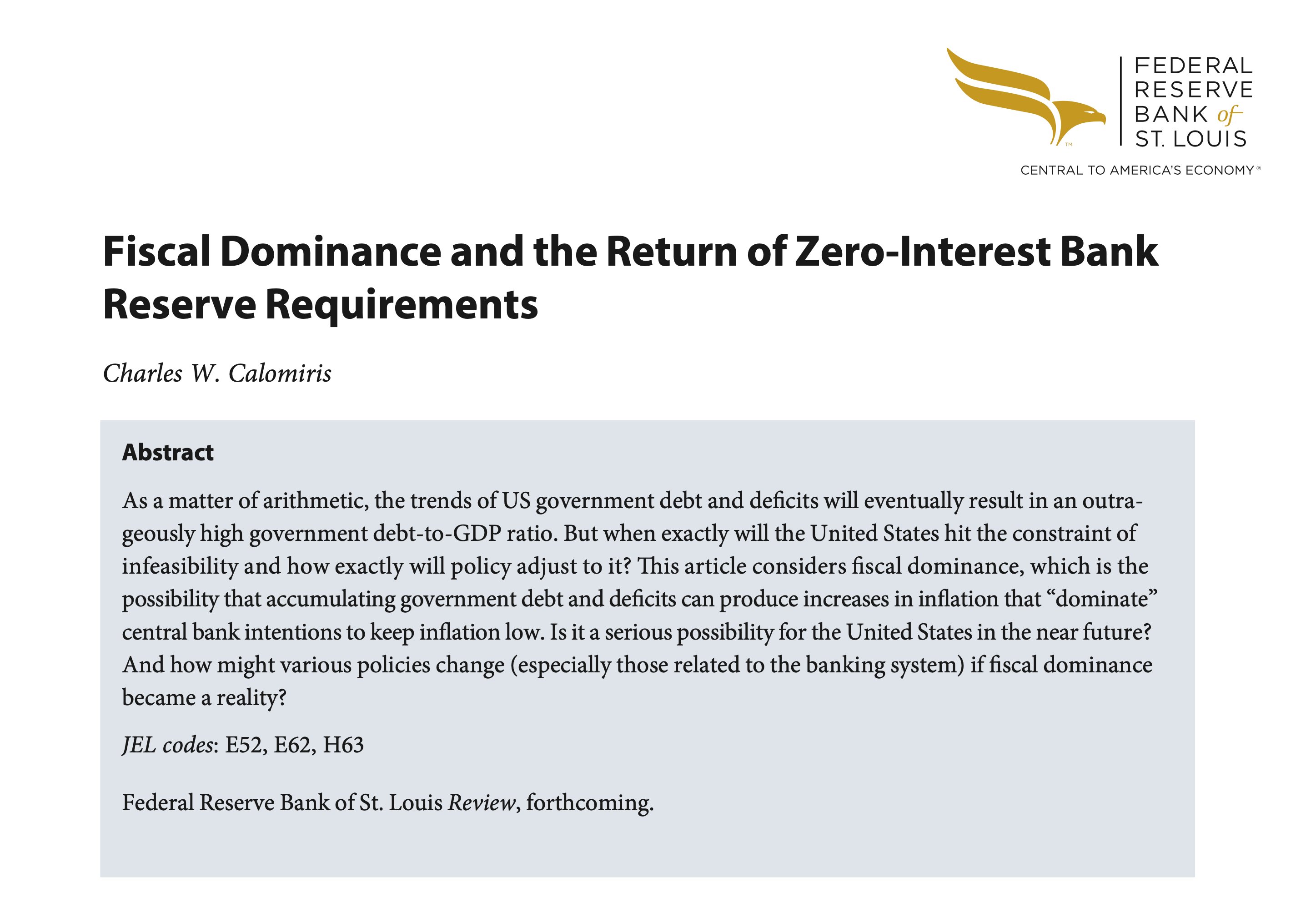The former CEO and co-founder of BitMEX exchange, Arthur Hayes, penned a comprehensive blog post dissecting the Federal Reserve’s monetary policy, and its implications on Bitcoin and cryptocurrency markets. Among his fleshed-out musings, Hayes underlined the actions of the Federal Reserve will create a new era of financial disintermediation, where crypto is set to play a pivotal role.
In the extensive piece, Hayes criticises the Fed’s dual matriarchal control over both the quantity and the price of money, arguing that the approach is counterproductive, politically motivated, and lines the pockets of rich asset holders. He explains that the Fed adjusts the size of its balance sheet by buying and selling US Treasuries and Mortgage-backed Securities (MBS). When the balance sheet invariably expands, the policy is known as Quantitative Easing (QE), and when it is reduced, it’s called Quantitative Tightening (QT).

Hayes scrutinizes the Fed’s huge influence on US fixed income markets, arguing that the institution’s ability to instantly print money will change financial rules, resulting in a severe loss of free market dynamics. He further states that the Fed’s actions are politically expedient, especially due to the fast approaching 2024 US elections. In his view, this political backdrop has paralyzed the Fed’s ability to change policy decisions for fear of being viewed as favouring one party over another.
In the post, Hayes describes the Fed’s policy as a paradox. When the Fed increases rates, it must print money to pay depositors in its Reverse Repo Program (RRP), and the Interest on Reserve Balances (IORB). These actions are in direct contradiction with the Fed’s objective of reducing its balance sheet in order to stave off inflation. Hayes underlines the detrimental nature of the policy on smaller banks and businesses which rely on credit to function and grow, exacerbating financial turmoil.
Currently, the Fed sets short-term rates and manages the size of its balance sheet. Powell has already diverged from his god Volker in a very important way. In order to effectively manipulate short-term rates the Fed must print money, and then hand it to RRP and IORB depositors. The problem with this is that if the Fed believes that to kill inflation it must both raise interest rates and reduce the size of its balance sheet, then it is cutting its nose to spite its face.
He posits that cryptocurrencies, in particular Bitcoin, stand to benefit substantially from the Fed’s flawed policies. He argues that as the traditional banking system continues to trip in its own shoelaces, the value proposition for Bitcoin and other cryptocurrencies like Litecoin, becomes all the more compelling. Hayes notes that the Fed’s policies create a positive environment for tech stocks and cryptocurrencies to flourish, as they offer stronger returns than parking cash with the Fed.
Hayes then suggests that the crypto market will retain its resiliency in the face of market corrections. He expects the billions in interest incomes to search for new investment avenues which will quickly find their way into digital assets with a finite supply. Such finite assets include Bitcoin and Litecoin, and do not include Ethereum. Finally, Hayes advises investors to fully embrace the situation, and view it as an opportunity for macro strategic investment in the cryptocurrency space.
Join the telegram channel for updates, charts, ideas and deals.
Did you like the article? Share it!


